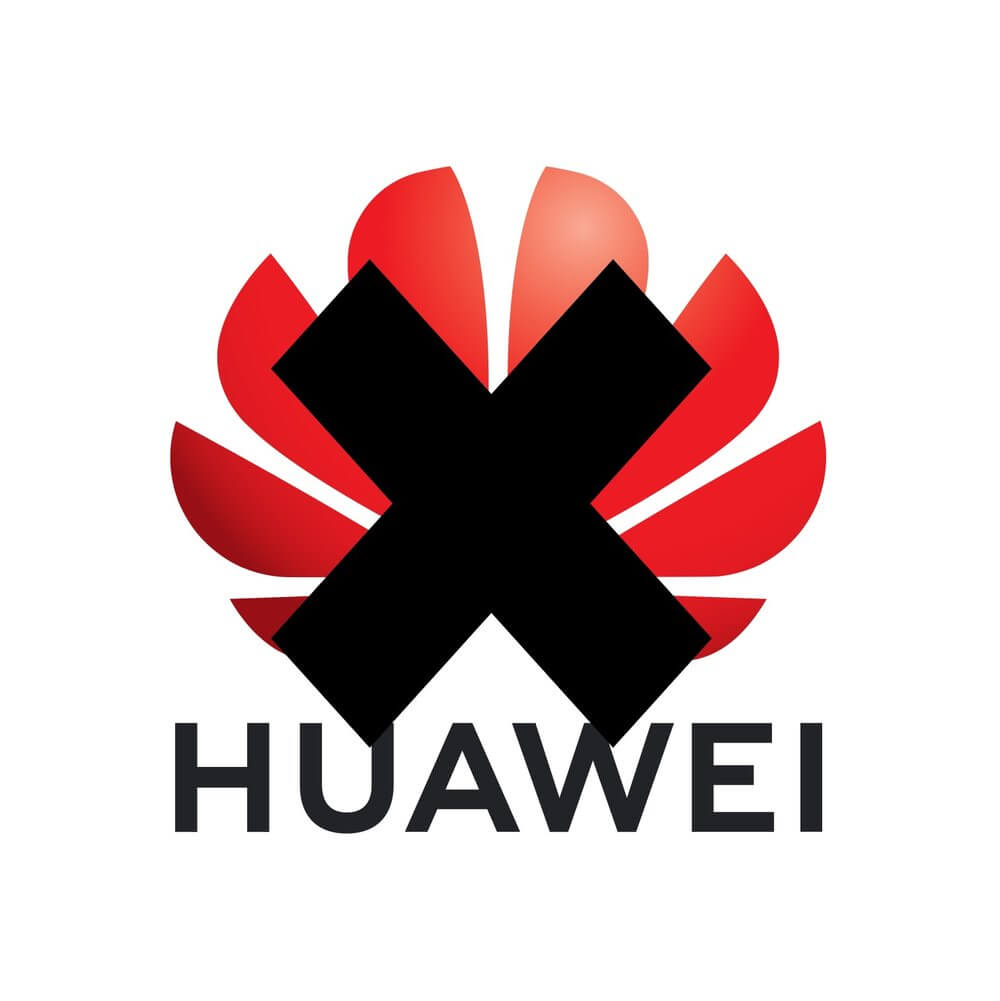Reading Time: 5 minutes
The Boris Johnson government, which has allowed conditional permission to Chinese telecom major Huawei for 5G trials in the country despite Washington’s disapproval, approached the Trump administration about a ‘D10’ club of democratic partners, analyses Dr Navodita, exclusively for Different Truths.


Britain is seeking to ally with ten democracies to create alternative suppliers of 5G equipment and other technologies to avoid relying on China, the Times reported, citing British government sources.
Britain is seeking to ally with ten democracies to create alternative suppliers of 5G equipment and other technologies to avoid relying on China, the Times reported, citing British government sources.
The Boris Johnson government, which has allowed conditional permission to Chinese telecom major Huawei for 5G trials in the country despite Washington’s disapproval, approached the Trump administration about a ‘D10’ club of democratic partners, based on the G7 plus Australia, South Korea and India, it said.
The plan gained momentum based on new concerns about Huawei as security officials began a review into its involvement in the mobile network upgrade, the Times added.
As of now, Nokia and Ericsson are the only companies capable of providing 5G infrastructure but none of the two can as quickly and cheaply as Huawei. Britain has categorised Huawei a “high-risk” supplier, and therefore, its participation in the UK’s 5G upgrade comes with a 35% market cap, including a ban on its involvement in the sensitive “core” of the network.
Nokia and Ericsson are the only companies capable of providing 5G infrastructure but none of the two can as quickly and cheaply as Huawei. Britain has categorised Huawei a “high-risk” supplier, and therefore, its participation in the UK’s 5G upgrade comes with a 35% market cap, including a ban on its involvement in the sensitive “core” of the network.
The decision to unite against China comes at a time when the world is reeling under the Coronavirus crisis and countries hit by the infection have been demanding to hold China accountable for unleashing a pandemic, which is believed to have originated from the central Chinese city of Wuhan. The United Kingdom has accused the Communist government in China of concealing vital information and covering up the initial coronavirus outbreak in Wuhan.
The United States had recently imposed sanctions against Huawei, which included banning the sale of American chips to the company. Defending the sanctions, Washington asserted that it did not want to help the Chinese in spying against the Western nations.
After America announced the additional set of sanctions against the Chinese telecom giant, Britain’s National Cyber Security Centre said that it is carefully assessing the impact that the company could have on the UK’s networks.
British Prime Minister Boris Johnson last week chalked up plans to scrap China’s involvement in the UK internet infrastructure. He has reportedly told officials that he wants to completely get rid of China’s involvement in UK’s network by 2023.
British Prime Minister Boris Johnson last week chalked up plans to scrap China’s involvement in the UK internet infrastructure. He has reportedly told officials that he

The United States has mounted continuous pressure on Britain to cast aside the Huawei deal with the American president- Donald Trump threatening to snap the United Kingdom’s access to intelligence typically shared between the US, UK, Australia, New Zealand and Canada.
India’s foreign and security policies are in a state of flux. Their familiar moorings have been cast aside at Cold War’s end. For a significant portion of the Cold War, the architects of India’s foreign policy relied heavily on nonalignment, Third World solidarity, state-led economic growth and secularism. Most Indian foreign policy decision-makers sought authoritative global regimes, especially in such sensitive areas as trade, foreign multilateral assistance, and the use of the global commons.
In the realm of security policy, India pursued an ideational strategy for almost two decades. When this policy culminated in a significant military debacle at the hands of its principal adversary, China, India initially resorted to self-help and then sought American assistance, but without any strings attached. Subsequently, it forged a security alignment with the Soviet Union. This security relationship provided India with some dividends.
In the realm of security policy, India pursued an ideational strategy for almost two decades. When this policy culminated in a significant military debacle at the hands of its principal adversary, China, India initially resorted to self-help and then sought American assistance, but without any strings attached. Subsequently, it forged a security alignment with the Soviet Union. This security relationship provided India with some dividends. Among other matters, Soviet proved to be a reliable supplier of high-technology weaponry at highly concessional rates. They also acted as a counterweight to the People’s Republic of China, a state with which India had an ongoing border dispute. Finally, they also guaranteed India a veto on the United Nations Security Council on any adverse discussion of the Kashmir question.
What will India’s Alliances Look Like in 2020?
India-US relations may change dramatically in the years and decades ahead. Such improvements would have to be predicated on a decline of India’s historical avoidance of close alliances. The economic complementarities between India and the US are obvious. The United States is already the principal source of foreign investment in India.
India-US relations may change dramatically in the years and decades ahead. Such improvements would have to be predicated on a decline of India’s historical avoidance of close alliances. The economic complementarities between India and the US are obvious. The United States is already the principal source of foreign investment in India. Additionally, several prominent American manufacturing and service companies, ranging from General Electric to American Express, have a significant presence in India.
The other area in which the U.S. and Indian interests converge relates to the future role of China in Asia. Contrary to a popular belief held in certain American academic and policymaking circles, China, not Pakistan, remains the principal bête noire of Indian security. More recently India’s leaders stand concerned about China’s willingness to provide nuclear weapons and ballistic missiles to Pakistan and most recently they remain unsettled about China’s refusal to settle the Himalayan border dispute and by China’s expanding claims in the eastern sector of the disputed border.
The other area in which the U.S. and Indian interests converge relates to the future role of China in Asia. Contrary to a popular belief held in certain American academic and policymaking circles, China, not Pakistan, remains the principal bête noire of Indian security. More recently India’s leaders stand concerned about China’s willingness to provide nuclear weapons and ballistic missiles to Pakistan
Those policymakers who fear a revanchist China would like to use India as a possible counterweight in Asia, even though they are extremely careful in stating as much for fear of arousing Indian anxieties. China’s hostile actions and intractable negotiating posture send disturbing signals to its southern neighbour. We all can only wait and watch how this sensitive border relation eases out.
Photo from the Internet
















